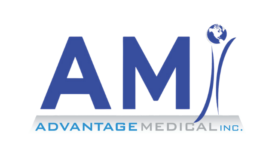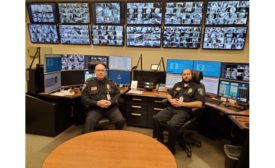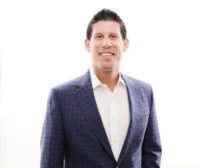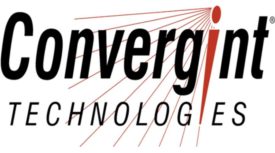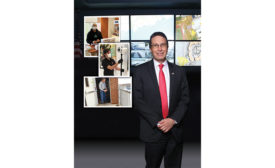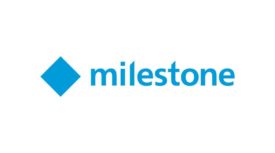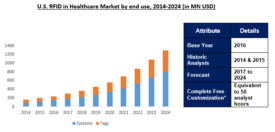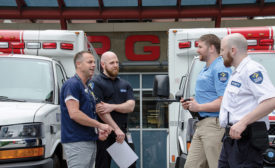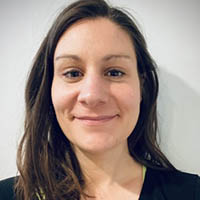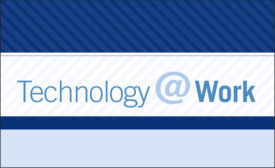Home » healthcare
Articles Tagged with ''healthcare''
Vertical Markets
Healthcare, Education & Offices, Oh My!
For security dealers and integrators, navigating these top verticals has become harder than ever during the coronavirus crisis, but there are benefits to finding a niche.
November 2, 2020
Response to Violence
Healthcare security professionals work hard to ensure a safe, secure environment for staff, visitors and patients alike.
October 1, 2016
Get our new eMagazine delivered to your inbox every month.
Stay in the know on the latest security marketplace trends.
SUBSCRIBE TODAY!Copyright ©2024. All Rights Reserved BNP Media.
Design, CMS, Hosting & Web Development :: ePublishing
